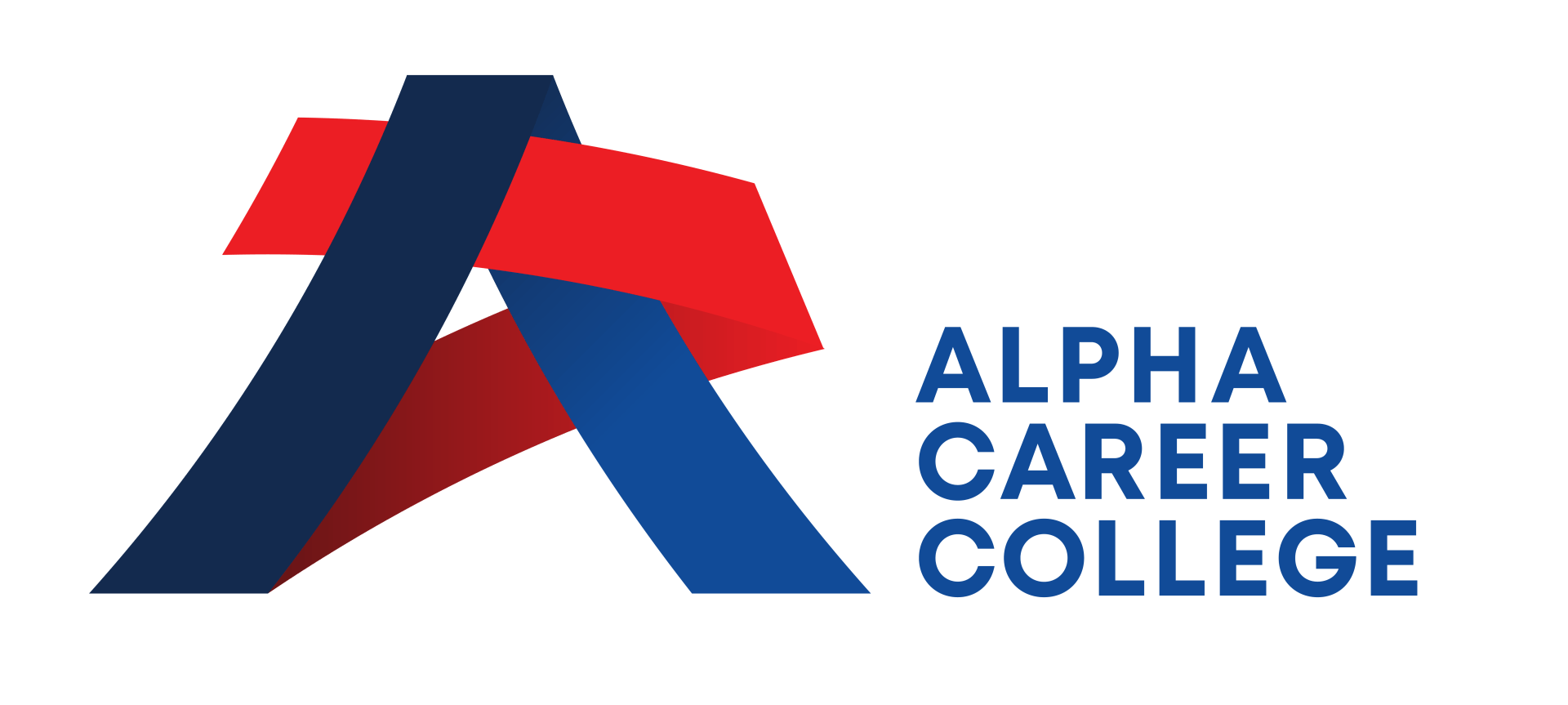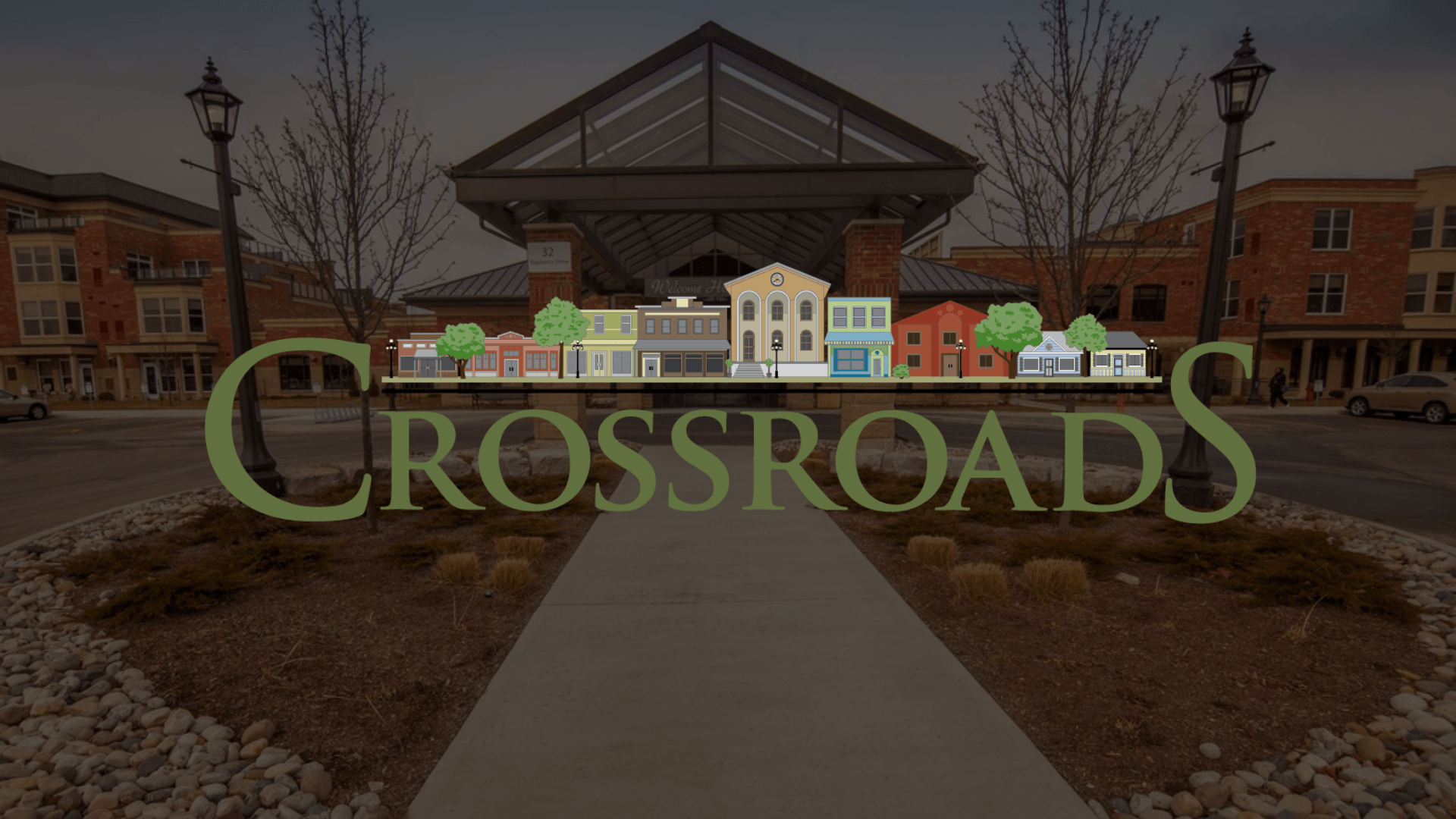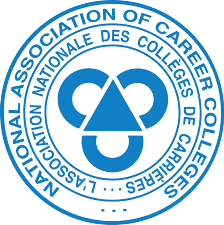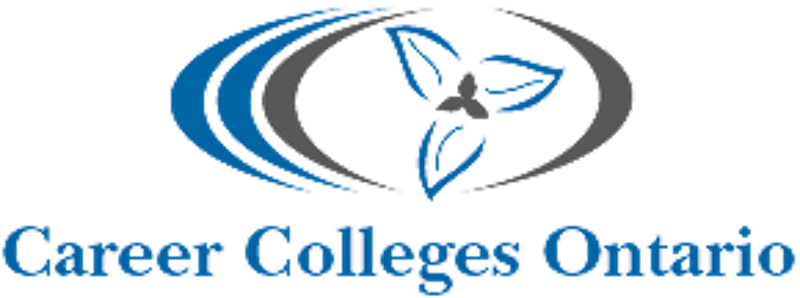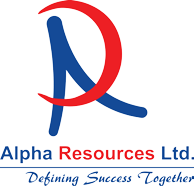Mental Health and Addictions Diploma Program
Prepare for a new career in social services. You're only 46 weeks away
Mental Health and Addictions Worker Program
Entry-level Mental Health and Addictions care practitioners work in a variety of health care settings with a multi-disciplinary team. You will learn the foundational skills needed to deliver mental health and addictions services. Your studies will begin with understanding substance use and following mental health across the lifespan. You will delve deeper into the client referral, screening, assessment, and treatment planning processes and then learn the foundations for program development, implementation and evaluation. You will find yourself working in a variety of multi-cultural milieus including but not limited to hospitals, and residential group homes. The Virtual Project will serve to solidify your learning and simulate work in the field to prepare you for your career in Mental Health and Addictions.
NEED HELP WITH YOUR TUITION?
We will be launching a Bursary worth up to $3,500 CAD. This grant is dedicated to our newest wave of Mental Health and Addictions (MHA) Diploma students and is applicable to the tuition fees for this program. The grant will be applied after enrollment.

Mental Health and Addictions Worker Job Opportunities
- Addictions Crisis Worker
- Withdrawal Management Counselor
- Addictions Counselor
- Substance Abuse Counselor
- Case Manager
- Community Support Worker
- Coordinator/ Psychogeriatric Case Manager
- Counselor/Group Facilitator
- Mental Health Support Worker
- Outreach Services Advisor
- Rehabilitation Services
- Residential Care Worker
- Youth Worker
Alpha Student Experiences
"I'd recommend highly Alpha Career College because, number one, they give me the tools to be successful as a new immigrant here in Canada...They were so patient with me!"
Admission Requirements
- An Ontario Secondary School Diploma (OSSD) / foreign equivalent high school diploma evaluated in Canada / a score of 16 in the Wonderlic SLE (administered by Alpha Career College)
- 18 years of age or older on or before the program commences
*Approved as a vocational program under the Ontario Career Colleges Act, 2005
Program Overview
-
MHA 101 - Understanding Substance Abuse
Students will explore a spectrum of substance use disorders and the compounds commonly misused. Students will also learn about synthetic drugs; preferred language in referring to those who struggle with substance use disorders as well as substance use and misuse in older adults.
-
MHA 102 - Abnormal Psychology
Students will learn the interactions of various forces that contribute to psychopathology. Balancing biological, psychological, social, and cultural approaches, this subject takes an integrative approach with a modern, and scientifically valid method for studying abnormal psychology.
-
MHA 103 - Understanding Concurrent Disorders
In this subject, students will be provided with an overview of concurrent disorders, and be introduced to treatments options about substance use and mental health problems and how they interact.
-
MHA 104 - Sociology of Healthcare
Students will learn the three main areas in the field: the social patterning of health and illness, the social construction of health and illness, and the social organization of health care.
-
MHA 105 - Cognitive Development and Mental Health Across the Lifespan
In this subject, students will learn the framework of physical, cognitive, social and emotional development across the lifespan including: birth and infancy, early and middle childhood, adolescence and early adulthood and middle and late adulthood.
-
MHA 106 - Technology for Success Microsoft Office and 365
Students will be provided with the resources and guidance to develop skills in Microsoft Office.
-
MHA 108 - Crisis Intervention
Students will learn the task model to provide a systematic way of dealing with people in crisis: Defining the Problem, Ensuring Client Safety, Providing Support, Examining Alternatives, Making Plans, and Obtaining Commitment.
-
MHA 109 - Client Referral, Screening, Assessment, Treatment Planning
Students will explore the client referral, assessment and treatment planning process to ensure the delivery of effective and appropriate supports to clients.
-
MHA 111 - Case Management
In this subject, students will learn a step-by-step guide through the case management process, from intake and assessment to referrals and termination. Students will also explore current practice trends and considerations, current legal issues, and ethics and ethical issues. providers.
-
MHA 112 - Counselling Principles
In this subject, students will learn the basic skills of the counselling or psychotherapy session: listening, influencing, and integrating these skills into an effective session with individual and multicultural sensitivity.
-
MHA 113 - Group Facilitation
Students will learn the "what is" and the "how to" of group counseling, along with the latest research, ethical guidelines, and practices.
-
MHA 114 - Medications (Pharmacology)
Students will learn the principles of pharmacology and calculations in a simplified step-by-step process. Students will also learn how to organize drugs by classifications including their purpose, side effects, cautions, interactions, and contraindications.
-
MHA 115 - Prevention and Health Promotion
Students will obtain a firm foundation in health promotion and understand the process of planning, implementing and assessing programs in the real world.
-
MHA 116 - Family and Social Support
In this subject, students will learn how counselors work with families where a family member has an addiction or mental health issue. Students will explore several different family structure models and theories, and how counselors can use them with their clients.
-
MHA 117 - Trauma-Specific Care
In this subject gives an overview of trauma response and treatment. Students will explore the assessment and treatment of various forms of posttraumatic distress disorder and interventions that stress a non-pathologizing, growth-oriented and hopeful view of recovery from trauma.
-
MHA 118 - Issues and Ethics in Healthcare and Self Care Practices
Describe the item or answer the question so that site visitors who are interested get more information. You can emphasize this text with bullets, italics or bold, and add links. -
MHA 119 - MHA Community Development and Outreach
In this subject, explores the issues facing Canadian social work, human services and community health professionals towards influencing community change.
-
MHA 120 - MHA Mental Health and Addictions Virtual Project
In this subject, students are provided with an experiential opportunity to practice emerging skills, knowledge, and attitudes required to be an effective helping professional in a professional mental health setting.
Register Now For The Mental Health and Addictions Diploma Program to Begin Your Journey as a Mental Health Worker
The Alpha Career College Blog
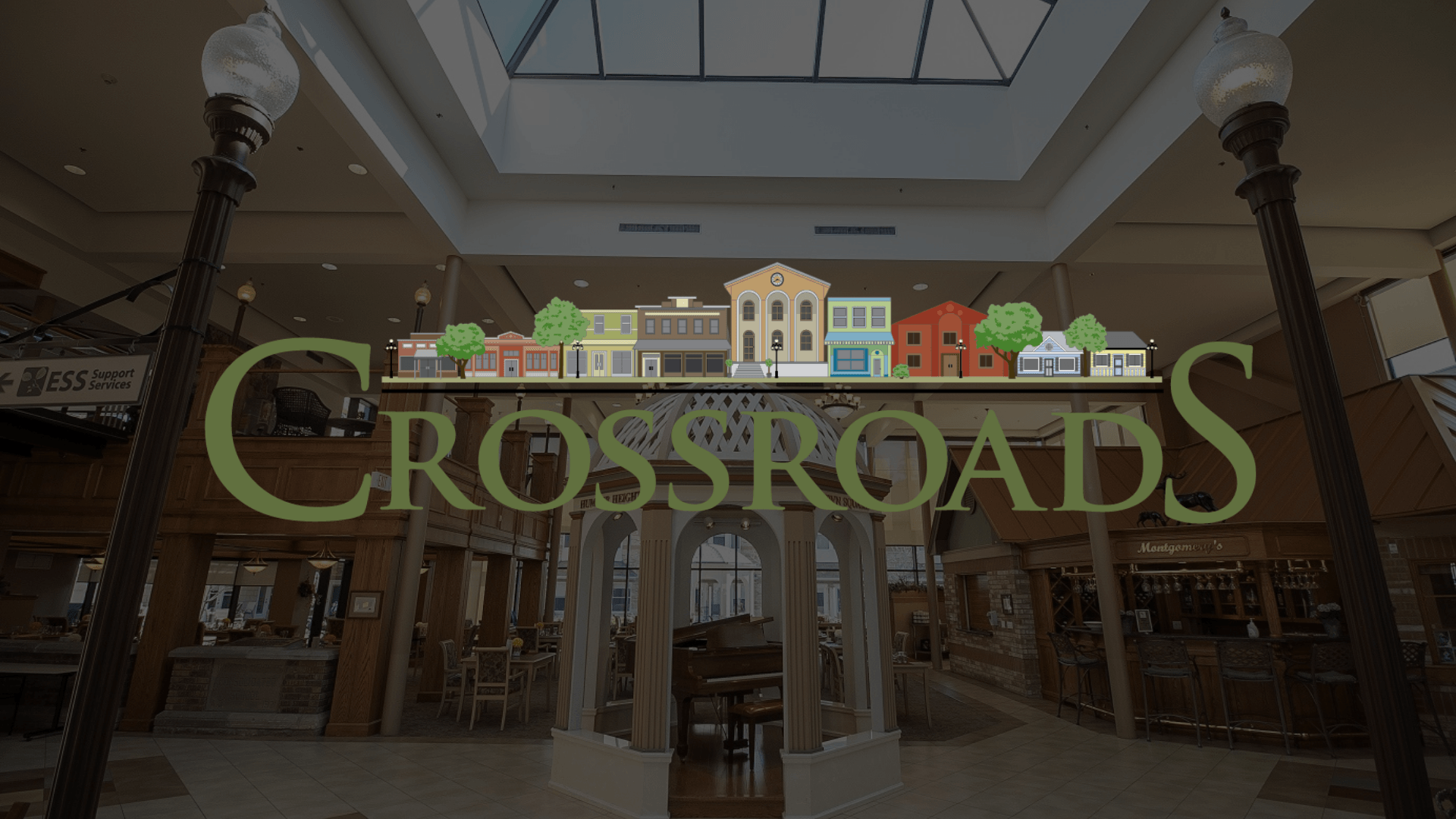
USEFUL LINKS
PROGRAMS
OUR PARTNERS
Alpha Career College is registered under the Ontario Career College Act, 2005, by the Ministry of Colleges and Universities (MCU). Check Registration
Alpha Career College Personal Support Worker Program DE Certificate Program is Accredited by the National Association of Career Colleges (NACC). Check Registration
